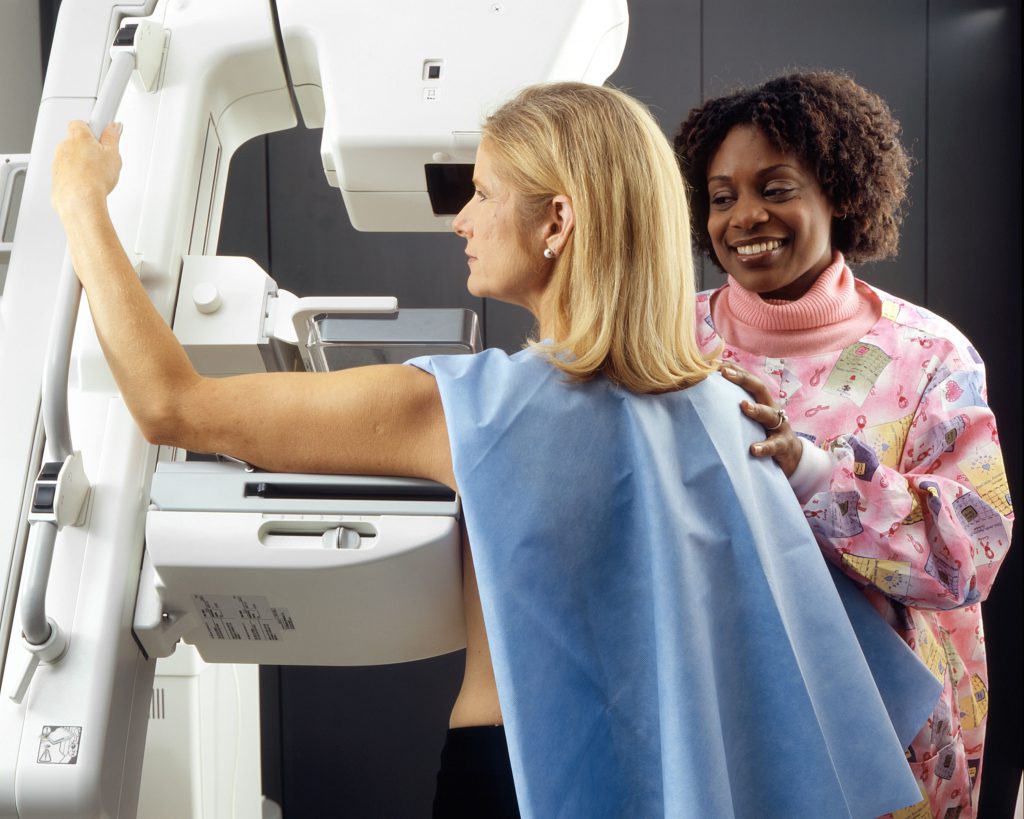It’s Breast Cancer Awareness month and women over the age of 45 are being reminded to get their annual mammograms. However, breast cancer can be harder to diagnose using mammography in women with dense breast tissue, which could be nearly 50 percent of the female population in the US, according to some estimates.
A new study published in PLOS ONE suggests a biomarker test could be a more reliable detection method for this malignancy in all women. The Videssa Breast biomarker blood test developed by Provista Diagnostics is not affected by the density of a patient’s breast tissue, and has been shown to have a low chance of returning a false negative result.
“Women who have dense breasts are at a double disadvantage. Not only are they at higher risk of developing breast cancer, but dense breast tissue can decrease the reliability of imaging and increase the chances of a false finding,” said Dr. Judith K. Wolf, Chief Medical Officer of Provista Diagnostics, Inc. “This study shows that, with an over 99 percent negative predictive value (NPV), clinicians can confidently use Videssa Breast to detect cancer in women with dense breasts and better determine when biopsy is truly warranted to assess suspicious findings.”
In their study, the researchers tested their diagnostic on 545 women between the ages of 25 and 50 whose mammography imaging results were deemed to be “difficult-to-interpret.” Among patients with dense breasts, the sensitivity of the Videssa Breast proteomic test was nearly 89 percent, while the specificity was around 81 percent. The sensitivity and specificity of the test in non-dense participants were around 92 and 87 percent, respectively, however the differences in results were not found to be statistically significant.
Importantly, the NPV was over 99 percent for both groups of women, indicating a very high level of confidence that if the test returns a negative result, the patient does not have breast cancer. The diagnostic could be used in conjunction with regular mammograms to clarify abnormal results without the need to take a tissue biopsy.
“Using biomarkers for cancer detection is an important advance in managing women with dense breasts and navigating many diagnostic challenges,” said principal investigator Dr. Elayne Arterbery, MD, radiation oncologist at St. Mary’s of Saginaw. “As a clinician, the ability to identify who will benefit most from further imaging and follow-up, and rule out breast cancer in women, when they receive suspicious findings, is tremendous.
“This study also validates the scientific promise and the growing role biomarkers have in addressing diagnostic challenges for women with dense breasts, and the merits of further research to help expand how we put that science to work to benefit women.”
Healthcare providers can order the Videssa Breast biomarker test to help them interpret abnormal imaging results.












Join or login to leave a comment
JOIN LOGIN